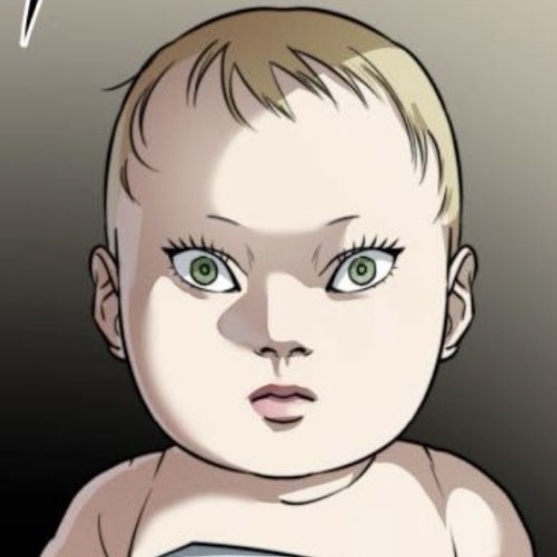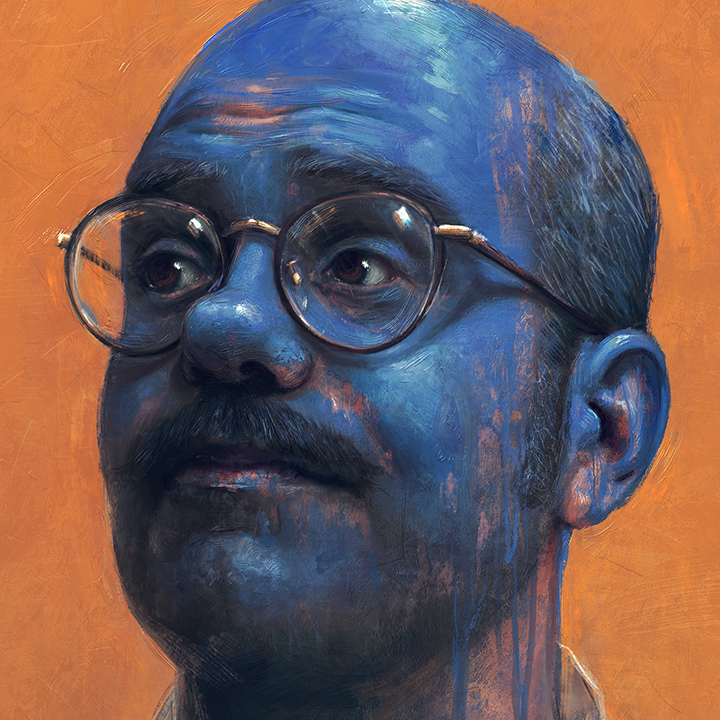Like others said it will burn through the population, then we will get a few months reprieve as everyone enjoys temporary immunity, then it will come back and overwhelm hospitals maybe this summer or almost certainly next winter. Forever. Wave after wave after wave after wave
the chuds were right when they said "the final variant is communism", but we never get it because the virus continues to evolve indefinitely :sadness:
it is easier to imagine the end of the world than it is to imagine the end of
capitalismCovid-19
So in this scenario, what should you do if you manage to dodge the first peak of infections in a wave? If everyone else is protected by their immunity, does that also offer some protection to those who weren't infected just because viral spread is suppressed?
Yeah definitely. When cases drop you can relax a little, still mask up and maintain social distancing but no need to go full on self isolation unless you are immunocompromised, but you can go to the movies and stuff, visit friends more etc
Might have just had a non-visibly symptomatic case. There's still probably plenty of those.
As far as I know, I haven't. There was one outbreak at my work and I tested myself throughout it and didn't get it. It's possible, but I haven't been near many people other than work
Well I'm rooting for you then! Even though I didn't get tested at the time, I'm now quite certain I had a relatively non-symptomatic case very early on. I exhibited some long-covid cognitive effects that I couldn't make sense of at the time, but then when vaccines came out I STRONGLY reacted to the first dose implying I had previous immune exposure. Had it not been for that vaccine reaction I may have never realized it, though. I really couldn't tell you when I caught it - just that it was clearly sometime before the vaccine.
I would recommend an N95 in shared indoor spaces indefinitely (exceptions for a trusted, small network of friends/family doing the same). There will be lulls and those might as well be a time to have a slightly more typical life, but I wouldn't recommend maskless risky behavior because you don't want to be the person that got an immunocompromised friend, family member, or acquaintance killed / disabled. We can't solve the problem through individualist approaches but we can remove our personal contribution in the more extreme cases
Also get as vaxxed as you can be
My guess is omicron will sharply fall soon simply because it will run out of people to infect. Also in America at least, we might have hit a vaccination threshold. I don't believe vaccines will become any more widespread without mandates.
Yeah, there was an OSHA reg for larger companies that went into effect in the winter and was promptly blocked by the 5th Circuit Court. The stay issued by the court was just overturned in the past week, so those companies have until February 9th to get their shit together before they start racking up fines for non-compliance.
It wasn't really a vaccine mandate per se, though -- just a requirement for fully vaccinated employees to provide documentation, and for unvaccinated people (or those who refuse to provide proof of vaccination) to wear masks and test weekly. Moot point with Omicron, since it has such a high breakthrough infection rate.
More details here:
https://www.osha.gov/coronavirus/ets2
It is difficult to say because controlling outbreaks depends on interventions and how infectious the disease is. Omicron is more infectious, so more difficult to contain. And the US is taking the most anemic measures yet in response to the outbreak. People saying it will die down soon due to running out of hosts are incorrect given even 1 million cases per day in a country of over 300 million that's only about half vaccinated. It'll take a couple months, at least, for that effect to matter.
For the curve to dip down to a base level more quickly, we'll need to see an increase in interventions: a reversal of "pro-work" public health policies, greater vaccination, lockdowns, closing restaurants and other shared indoor spaces.
The curve may level out or dip a bit in the coming weeks, but it's unlikely to crater. We need actual public health-focused policy intentions.
As an example, note that we never got delta under control. Even greater area under the curve than earlier waves, more severe disease, and it was only maybe petering out when omicron hit. Delta was accompanied by the weakest policy responses so far in the pandemic, outshined only recently with the sociopathic responses to omicron.
Oh it'll go down when we run out of tests, then we'll stop testing, does that count?
yes. though it's tough to say whether a new variant will take its place or not. covid also does seem to be better at re-infecting than many other illnesses.
How much do variants retain from the genetic heritage of whatever variant created them? That's the big question I have with omicron. It's so infectious that it could burn itself out and only take the medical system with it, but letting it spread uncontrolled like this also means that it's going to be the variant that's mutating most frequently. If the next dominant variant retains how infectious it is but further disproves "mild COVID" social murder theory, we'll see who needs a benzo bucko.
I don't know exact science but Omicron is the furthest from any other variant so far. Thing is that how omicron came to be is up for discussion, but the most enticing theory is that it crossed from humans to rats back to humans, so if we're already getting infected from animal repositories, it seems to me like we already fucked up good, seems a bit too late to control spread to avoid new variants as it's already spreading uncontrollably in rats.
The zoonotic nature of it is super concerning, especially given how many species it now infects. According to the CDC: https://www.cdc.gov/coronavirus/2019-ncov/daily-life-coping/animals.html
-
Companion animals, including pet cats, dogs, and ferrets.
-
Animals in zoos and sanctuaries, including several types of big cats, otters, non-human primates, a binturong, a coatimundi, a fishing cat, and hyenas.
-
Mink on mink farms.
-
Wild white-tailed deer in several U.S. states.
That's such a broad spectrum of species and interactions with them. Coatimundi for example are the raccoons of Central America and throw their shit at you while primates are bush meat for impoverished populations. Rats and mice coming inside for the winter and filling our grain silos, a plague in Australia right now, while the deer that aren't consumed by prion diseases are the subsistence hunting food for a good chunk of North America. If we end up getting zoonotic COVID waves in the way we get bird/swine flu, big nope.
-
They most definitely will go down and lethality will need to climb up considerably for capital to get scared enough to re-implement a lot of measures, instead of hitting the gas pedal as it envisions a quick way out. FYI it's not just the US, Spain is also considering talllying covid as another respiratory infection and thus "normalize" covid. These sort of decisions ripple and feedback into themselves, it's clear where the trend is going.
It's already unaccessible to vast majorities, you could say there has been a health crisis going on for decades.
Healthcare costs going up means insurance premiums going up which leads to fewer employers offering medical benefits, particularly to unorganized labor.
talllying covid as another respiratory infection and thus “normalize” covid
It makes me think I'm gonna be wearing a mask forever then
Sure it might, just like Alpha did. The issue with that was that something replaced Alpha. It may go down, but (and I'm going to be snarky and borrow from western rags) at what cost? Would it even matter by then? How many people have you heard still discussing Alpha recently?
Sure they will. The coronavirus isn't magical, it's gonna die down like all pandemics, it's just a question how much damage it will leave behind.






